HOME > Basketball
US media calculates the cost of being an American sports fan: $4,785
6:33pm, 19 June 2025【Basketball】
The New York Times June 16 article, original title: $4,785, this is the second game of the 2013 American League Championship Game, when Boston Red Sox legend David Otitz hit a slam home run that tied the score, I hugged and cried with strangers, and Fenway Stadium seemed to be about to collapse by the sound waves. You don't need to understand the score, you can understand the meaning of this moment.
For most of my life, sports was one of the most accessible forms of entertainment in the United States. You turn on the TV, transfer to the game channel, and cheer or cheer with your family, neighbors, and people in the city. Being a fan is simple, it is a common experience for the entire community. However, nowadays, such communities are gradually drifting away because those moments of collective memory are dying.
Take the NBA playoffs as an example: Want to watch the Denver Nuggets game? You need to pay at least $8.99 per month to subscribe to NBATV. I subscribe to almost all sports live streaming platforms, and the annual fee is $2,634. But to watch the Boston Red Sox vs. New York Yankees earlier this month, I had to subscribe to a certain unpopular baseball special service for $19.99 to see one of the most iconic matchups in the American Nationality sport.
In 2004, a hardcore Boston fan would spend about $1,321, including tickets and peripheral products to support his favorite team. Now, this figure is $4,785, an increase of as much as 262%, while wages only increase by 87%.
For decades, our various professional sports leagues have operated more like public institutions. These organizations may always pursue profits, but they also hope that the movement will last. Therefore, they attach importance to cultivating intangible values: local pride, intergenerational fan culture, and public ritual sense. Tradition brings business, community creates loyalty, and loyalty creates value.
There was a streaming war that broke out. Starting from 2010, sports live broadcasts have become one of the few programs that can guarantee the number of live viewers of hundreds of thousands or even millions. These professional sports leagues have begun to receive cooperation requests from various platforms. At the same time, the alliance needs funds to explore overseas markets. As a result, the original intention of maintaining the American sports industry retreated to the second line, and the professional league changed from a guardian to an asset manager. The final result is that hundreds of games originally offered to the American National Carnival were cut and sold to the highest bidders - cable giants, streaming upstarts, regional sports networks or subscription apps. The game jumps irregularly between different platforms, making it difficult for senior fans to track it. Watching the game on site is also a luxury: from 1999 to 2020, the average ticket price increase in various sports events was twice the overall inflation rate. It rose 19.5% from May 2023 to May 2025 alone, making it one of the largest gains in all categories tracked by the Bureau of Labor Statistics. The Sports League could have protected the fan culture while earning streaming funds, but chose to cut the game and sell the focus events across the board for instant benefits. After the old business model collapsed, the giants became stronger and other teams were at the risk of falling behind. For basketball and baseball, this shift is a disaster for small market teams.
American sports culture is increasingly blocked by the paywall. Fortunately, we have solutions. For national competitions, Congress should amend antitrust exemptions: limit streaming fees and require media companies to provide affordable packages. For local events, state lawmakers can ask for guarantees that the game will not be broadcasted. Congress can also learn from the British "Crown Pearl" rules, designate key events such as the World Championships and Super Bowls as important national events, and require them to be broadcast on free platforms. (Author Jun Li, translated by Lin Yue)
Related Posts
- What are we talking about? Fans wearing Doncic s Lakers jersey chatted with Mavericks owner Dumont
- Hornets coach: Kneipelmann Sexton has a chance to start and they can play a key role
- Markkanen: Murinen is on the right path and he can make a fortune in the NBA
- Foreign media show James interacting with fans in the rain: Heavy rain cannot stop the whole city from moving to welcome James
- The sixth man once was! Analysis of how Clarkson supports the Knicks substitute attack
- No. 1 in the league! No. 1 in the league! The 24-year-old No. 1 pick is crazy about gaining muscles, he wants to hit the scoring champion + MVP
- Top 100 stars are released!
- What’s the matter! The Warriors quietly strengthened it, and they added 2 more! OK, I can explain it
- Return to the Cavaliers? James statement has caused heated discussion, US media lists 8 potential destinations, and the four top picks are expected to join forces
- 125 million in 5 years! The NBA s first contract of RMB 100 million this summer was born, and the number one player in the draft was counterattacked
Hot Posts
- What are we talking about? Fans wearing Doncic s Lakers jersey chatted with Mavericks owner Dumont
- Hornets coach: Kneipelmann Sexton has a chance to start and they can play a key role
- Markkanen: Murinen is on the right path and he can make a fortune in the NBA
- Foreign media show James interacting with fans in the rain: Heavy rain cannot stop the whole city from moving to welcome James
Recommend

James decided to come second, and this time he brought talent to Brandy, Su Qun is really a god
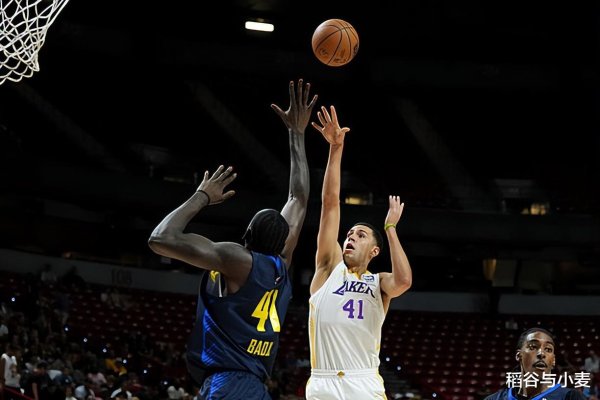
God of War in low-level games! Will the Lakers consider signing this forward pitcher back?

More than a month has passed since the free market opened, and the market has already entered a state of silence.
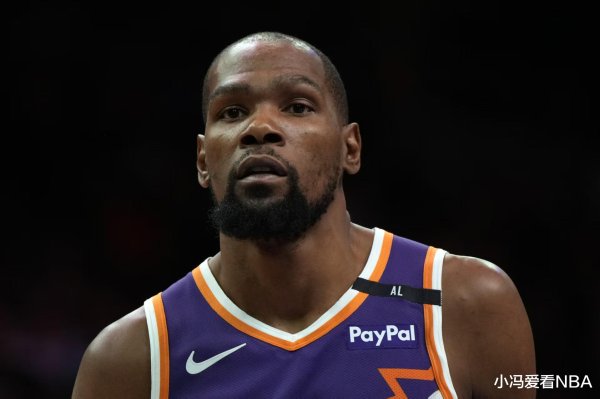
How long hasn t you ever fought such a wealthy battle? Who would have thought that the end of your career would be able to rejuvenate for a second spring
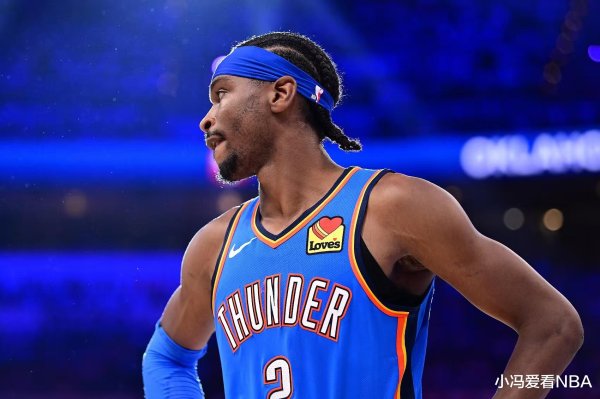
People who are used to invisibility will continue to be the same, and those who admit responsibility will never explain! In fact, you should leave the team the most
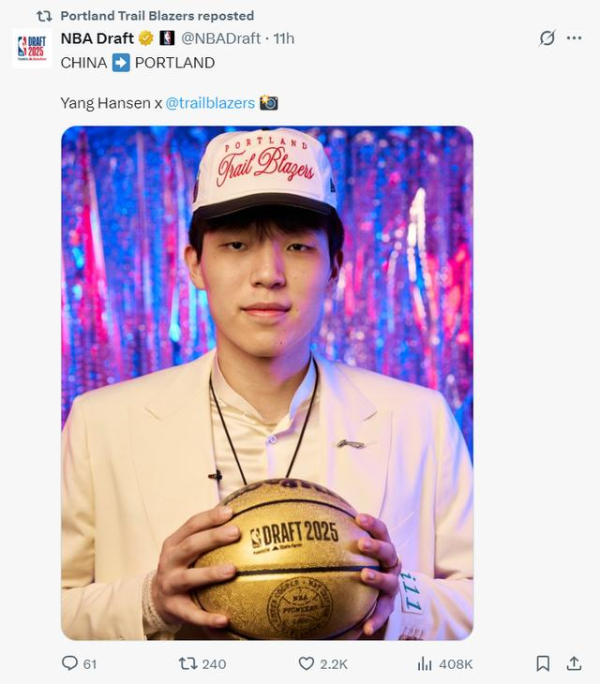
The Timberwolves wanted to choose Yang Hansen for the No. 17 draw and was intercepted: The whole group was silent and confused, and chose the center averaged 4 points per game to make up for it.
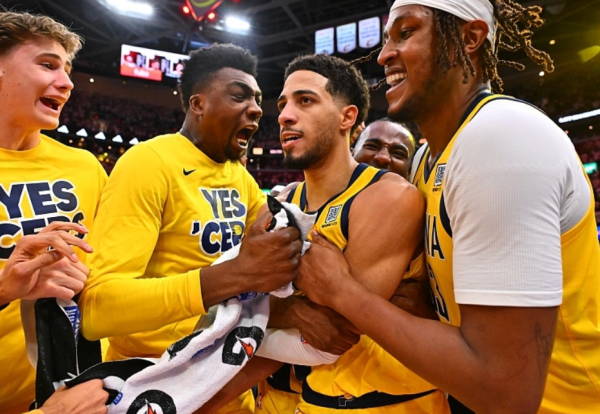
Two 20-point reversals, layup + three-pointer! Lead the team first in the playoffs, you also have to compete for the championship
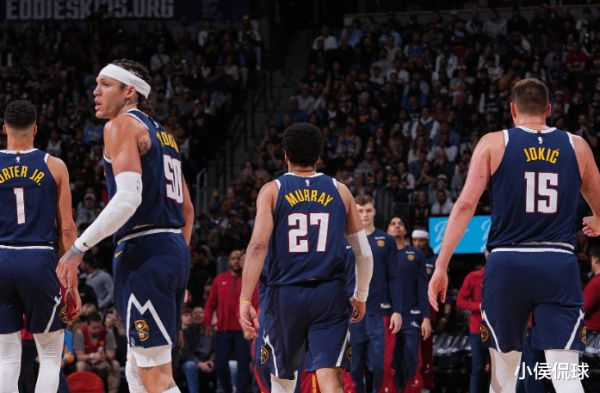
In the era of luxury tax of over 100 million, why does 36 million lock in the Nuggets to strengthen the space? What is the problem?